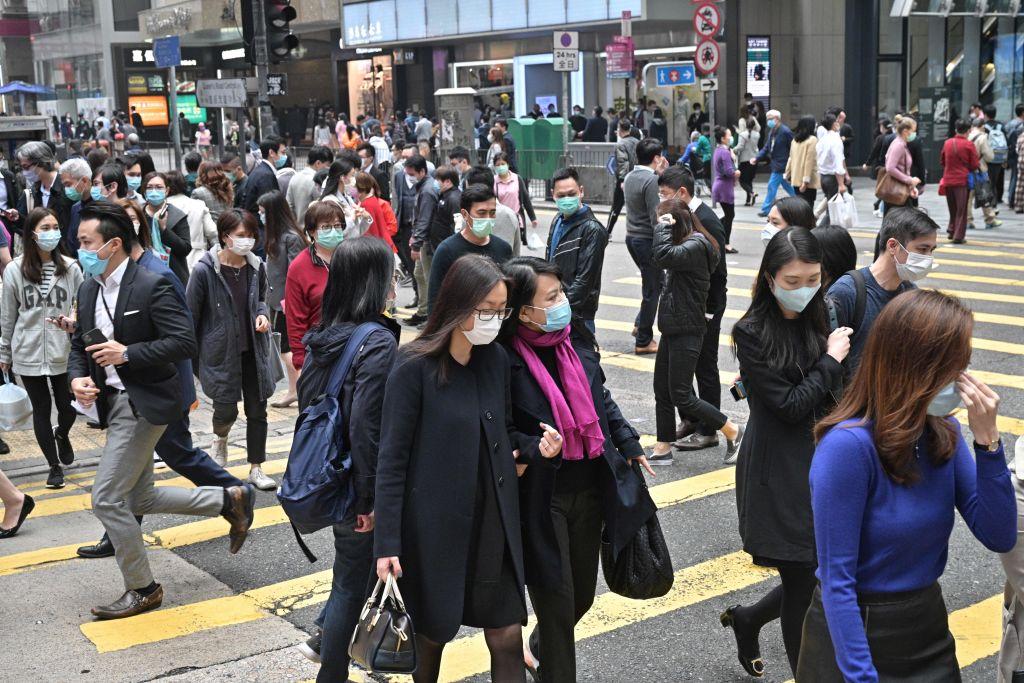Beijing’s recent decision to expel American journalists has drawn widespread criticism, particularly in Hong Kong.
On March 18, China’s Ministry of Foreign Affairs announced “countermeasures” against the United States, expelling U.S. journalists based in China who work for The New York Times, The Wall Street Journal, and The Washington Post.





